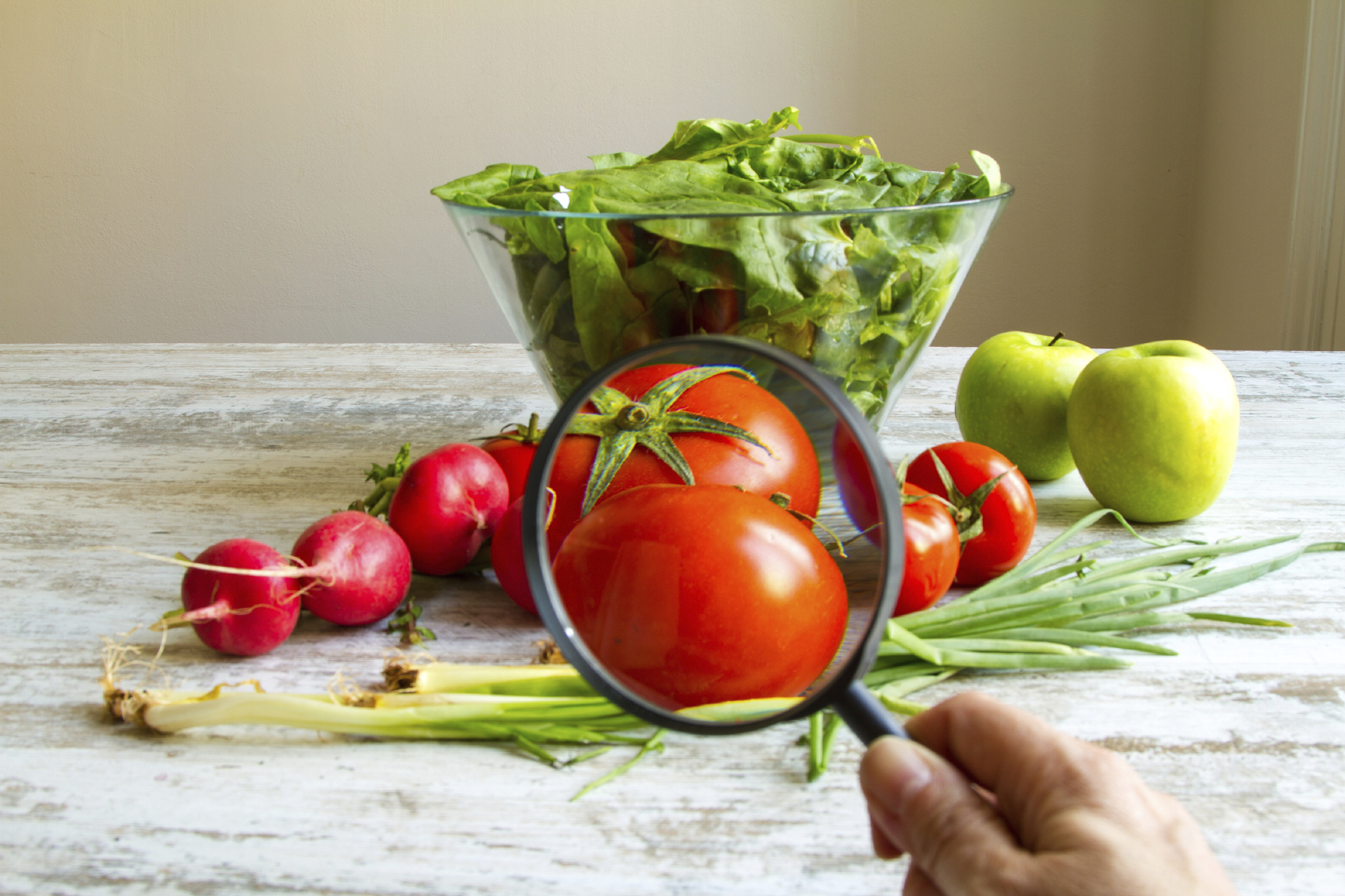
Concerned about GMOs? Investigate your food sources.
One of the most controversial topics lately has been the concerns and benefits of genetically modified organisms, or GMOs. It’s easy to find a variety of opinions and lots of disagreement on this topic. One area that most people can agree on is the definition of a genetically modified food. By definition, a genetically modified organism occurs when DNA from one organism has been altered with DNA from another organism. In the case of food, this is usually done with the intent to provide some benefit to the food supply. Concern arises out of fear that these changes may have unintended harmful effects or that large corporations will hold an inordinate control over the food supply.
Benefits of GMOs
Certainly some positive goals have been attained from GMOs. Some of the benefits of genetically modified foods include the possibility of foods with enhanced nutrition like the Golden Rice project http://www.goldenrice.org which adds Vitamin A to rice to combat the Vitamin A deficiency found in many developing nations. Vitamin A deficiency is the leading cause of child blindness in developing countries. The UN reports that it affects 140 million preschool children in 118 countries.
From a medical perspective, in 1982, insulin produced by genetically engineered E. coli bacteria, called Humulin, was the first GMO to be approved by the FDA. Prior to this, diabetics were treated with cow or pig insulin, which worked for some patients, but caused allergic reactions in others.
Concerns about GMOs
So what are the downsides to GMOs? Many crops have been modified to prevent insect resistance and pesticide absorption, which, in theory, should reduce the amount of pesticides needed. Unfortunately, in practice, many farmers are using more pesticides, an increase of 15%, according to the Non-GMO Project, since farmers understand that overuse of pesticides will not harm the crops. Even GMO proponents admit that developing safer pesticides would be beneficial.
According to Consumer Reports, this increase in pesticide use created an epidemic of super-weeds, which have quickly become immune to the most commonly used pesticides. A survey conducted by Stratus Agri-Marketing in 2012 found that almost half of farmers throughout the U.S. are now battling these weeds which are problematic for crops.
A legal outcome of biotech companies creating GMOs is that the “new” plants they create are able to be patented, so these companies obtain patents which restrict the use of the new plants. Farmers who use GMO seeds must sign license agreements to use them. This means that the companies that make GMOs have the power to sue farmers if the farmer is growing GMO plants without a license agreement. Famers are concerned that if seeds drift naturally onto their fields they may be sued by these large companies.
In looking ahead for GMO food, one of the difficulties with modifying foods is that each modification must be evaluated and tested individually. This takes time and the effects of each modification are distinct. For example, if a tomato is modified with DNA from a peanut, how would people who are allergic to peanuts react to the new food? In addition to this concern, many people are curious to see the long term effects of consuming GMO products. This is something that only time will answer.
Harvard T.H. Chan School of Public Health’s Walter Willett, the Fredrick John Stare Professor of Epidemiology and Nutrition and chair of the Department of Nutrition may have the wisest answer to GMOs. “I think we’ll almost never be able to make a general statement about GMOs being good or bad for us. This is a technology, and like most technologies, you can use it for good or you can use it for bad.”
Willett is a proponent of labeling GMO products. “How can you withhold information people would like to have, even though interpreting that information may be difficult at this point in time? I think it’s reasonable for someone to say, ‘I prefer not to eat crops with GMOs,’ just given some uncertainty, even though we haven’t proved that they’re different in terms of health consequences.”
The best plan is to stay informed and learn from reputable sources of information. The internet is full of all kinds of opinions, but seek articles that cite data and facts to back up information.






